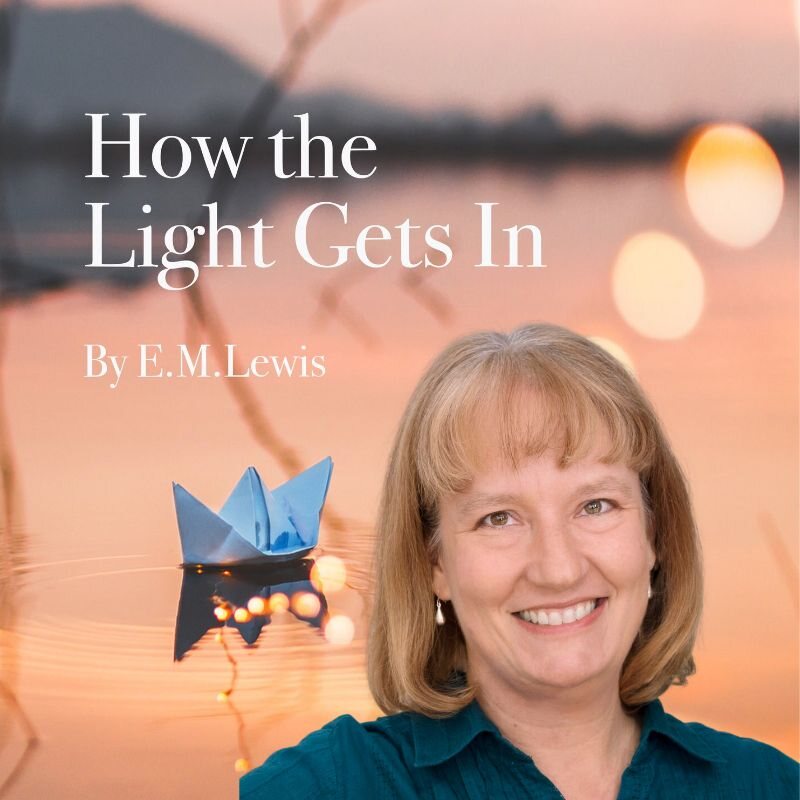A few summers ago, I was fortunate to take a workshop led by E.M. Lewis at the Kennedy Center. After meeting her, and hearing about her work, I rushed off to read a couple of her plays and then drove to New York to see her remarkable play The Gun Show. Since then, we’ve become colleagues and good friends, and sometimes writing buddies — she let me drag her into a zany, Zoom two-hander web series, Duck Harbor, which 1st Stage ran for a few months in the second summer of COVID, and which we wrote together each week for a live weekly performance without rehearsal. So it’s no surprise that I’ve been beyond excited to see one of her latest plays, How the Light Gets In, a beautiful story about a travel writer who never travels and which opens this weekend at 1st Stage.
I had the chance to chat this week with Ellen about her play. Like most writers, I’m always curious about another writer’s process — and how storytelling for the stage happens — and especially the process of a friend.
